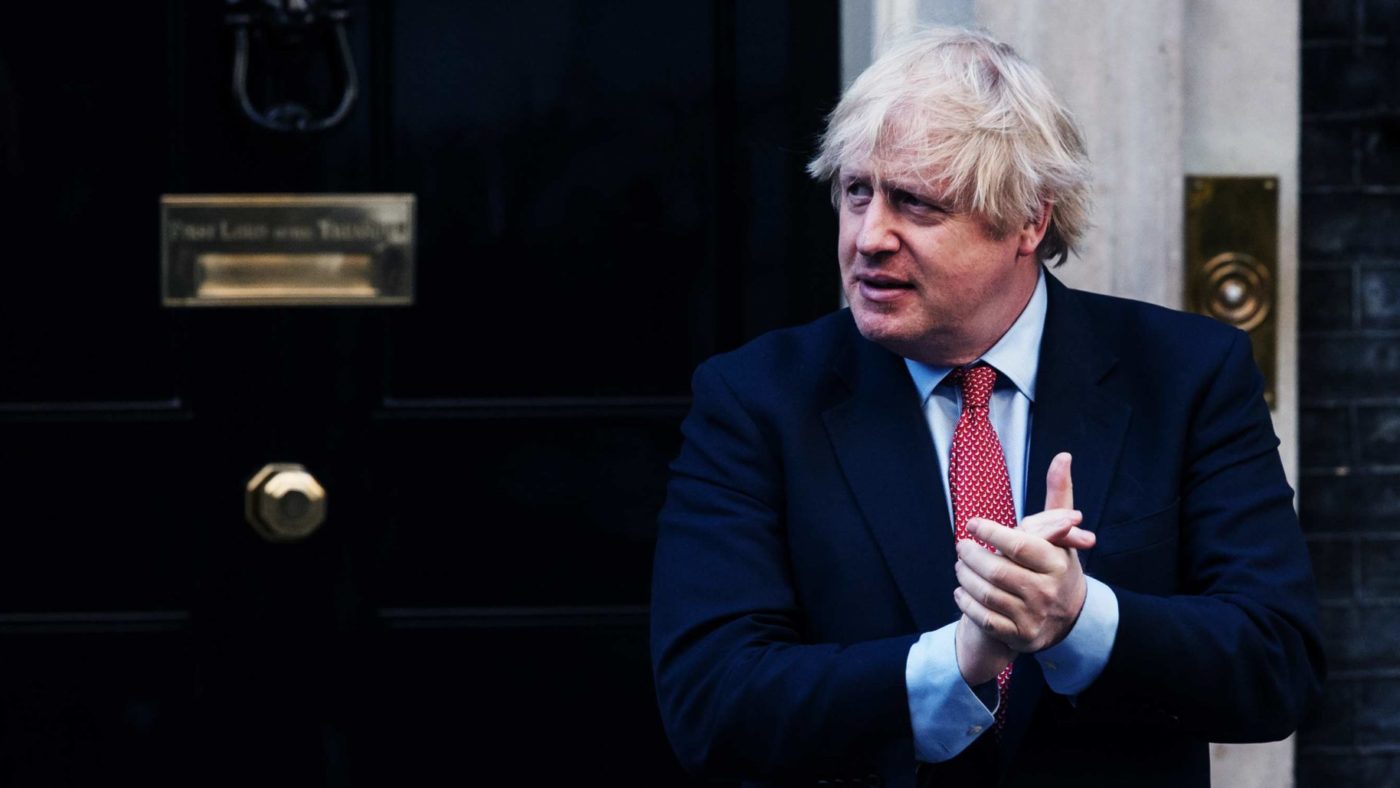So much furious ink has already been spilt on the Dominic Cummings’s lockdown movements that I apologise in advance for those who have had their fill. Nevertheless, the affair is, remarkably, the most electorally significant moment of the pandemic thus far.
In the short term that is almost objectively inarguable – the Government has suffered a ten-point swing to the Labour Party in the last week alone. But in the long term it may come to represent a decisive political caesura too. The moment when, in the rear-view mirror, we begin to date the collapse of the Boris Johnson premiership.
It is difficult not to bridle at the grotesque absurdity of one man’s trip to an English heritage castle affecting the scales more than care home deaths, PPE shortages, testing capacity, rising unemployment and so on. Moreover, whilst I despair at his handling of the situation, Cummings is perhaps entitled to feel that the levels of attention focused on him are, in that respect, somewhat unfair.
However, politics is, as he would surely acknowledge were he an advisor doing his job rather than trying to save it, emphatically not fair. Our recent history is littered with examples of politicians, let alone advisors, walking the plank in exchange for managing far less serious political damage than this. There are also plenty of instances of seemingly innocuous ephemera capturing the public’s imagination in a way that more sombre matters do not – Neil Kinnock’s stumble, Michael Foot’s donkey jacket, Ed Miliband’s bacon sandwich.
In each case, however, a seemingly trivial incident captures something essential about the politician or party involved. My personal view is that Mr. Cummings’ indiscretion is far more serious in its potential effect on the message clarity and collective solidarity needed to save lives in the worst crisis this country has faced since World War Two. But in a much more political sense its toxicity is that it confirms the public’s absolute worst suspicions of the Conservative Party and especially Boris Johnson. Which is that the Prime Minister believes himself to be, to quote his old Eton housemaster, “one who should be free of the network of obligation which binds everyone else”.
Yet the scandal may also prove to be a political turning point for the Prime Minister in a deeper strategic sense too. At the start of the year, it looked like Johnson was beginning another chameleon-like transformation into a more sober, dare I say it, statesmanlike politician.
The plan, perhaps, was to hose down the flames of the Brexit culture war and use big state investment to deliver on the levelling-up agenda. Coupled with the Prime Minister’s more conciliatory tone, this had every chance of securing a distinctively Johnsonian reshape of the political centre ground.
But as with so many pre-pandemic aspirations, this project now lies in tatters. Worse still, the Prime Minister has had to grapple with Covid-19 alongside a legacy cabinet – and chief advisor – forged in the heat of the Brexit battle. As such, the Government’s muscle memory has approached this crisis rather as if it were Brexit. Where other sources of political authority – the devolved administrations, local authorities, Labour and the trade unions – could have been embraced, power has instead been ever more centralised inside the Number 10 bunker. Rather than adopt a more open stance towards the media in pursuit of effective messaging, they have instead doubled down on a needlessly defensive attitude towards accountability.
On both these points, the Cummings affair is both a perfect vignette and the final rubicon. The Prime Minister now finds himself irreversibly boxed into an approach to pandemic politics that is conventionally, if not aggressively, partisan. Given it is little more than six weeks since the Prime Minister’s message on leaving hospital captured the mood of collective sacrifice, this is a rapid and astonishing journey.
To be sure, it is impossible to tell whether a less partisan approach would have been more effective, just as it is too early to be certain how catastrophic this journey will ultimately prove to the Government’s political fortunes. But the important point is that there was an opportunity to conduct its affairs in a ‘national unity’ manner more befitting of a crisis of this magnitude. Moreover, that this approach would have spoken more clearly to the Prime Minister’s pre-pandemic strategy.
Now, the Johnson Premiership will be defined by his ability to defend a pandemic record without any of the political cover that different mood music may have provided. As that record currently looks like containing the highest number of Covid-19 deaths in Europe and the largest recession for three centuries, I would not advise him to look forward with optimism.
Click here to subscribe to our daily briefing – the best pieces from CapX and across the web.
CapX depends on the generosity of its readers. If you value what we do, please consider making a donation.


